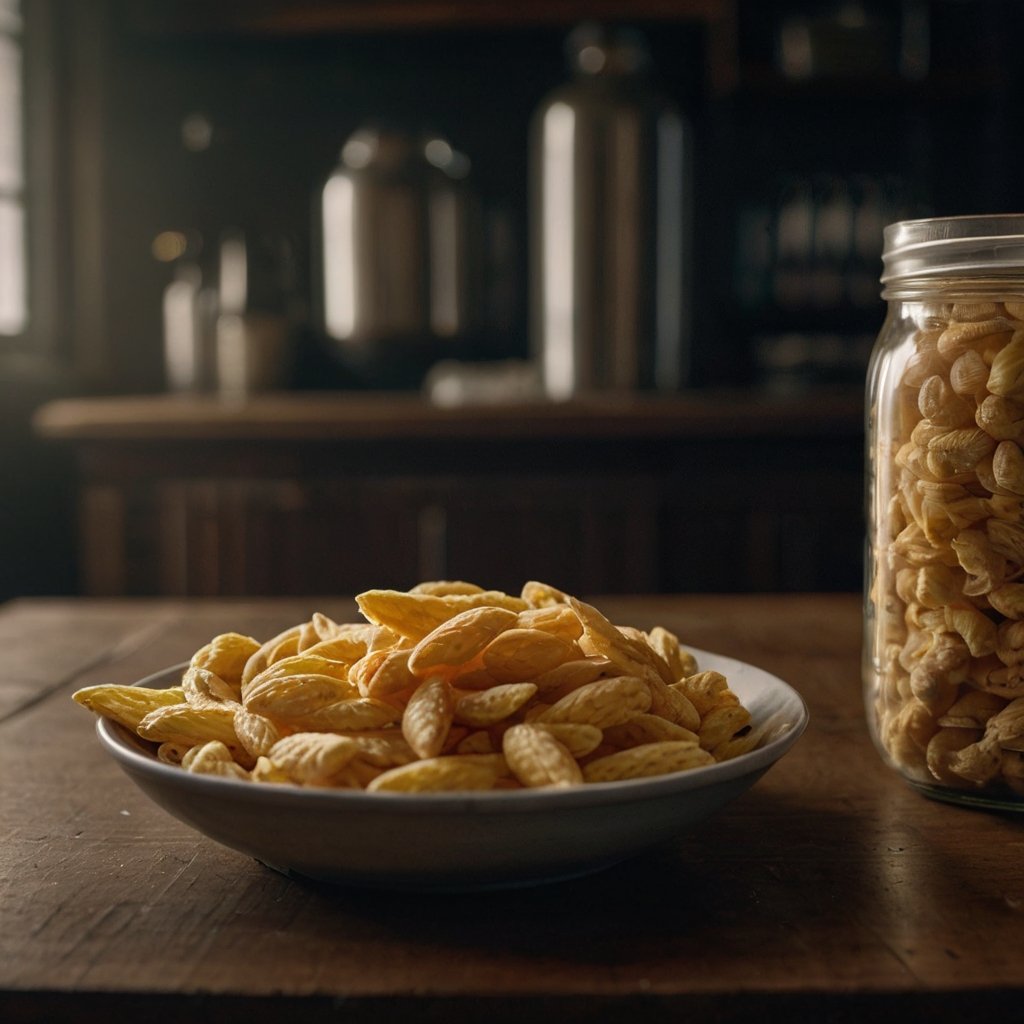Having low energy throughout the day can be frustrating, especially when you have many tasks and responsibilities. While sleep, stress, and physical activity all play important roles in your energy levels, your diet is one of the most significant factors that can either boost or drain your energy. In this article, you’ll learn what to avoid in your daily meals to maintain consistent vitality and feel more productive from morning to night.
The Link Between Diet and Energy
Your body relies on the food you eat to create fuel. If you’re eating the wrong types of food—or too much or too little of them—you may feel sluggish, unfocused, or fatigued. Many people unknowingly sabotage their energy levels with common dietary habits.
Let’s look at what to avoid in your diet if you want to increase your energy levels naturally.
1. Refined Carbohydrates
Foods like white bread, pasta, pastries, and sugary cereals are high in refined carbohydrates. These break down quickly in your body, causing a rapid spike in blood sugar, followed by a crash. That crash is often responsible for feelings of fatigue, irritability, and brain fog.
What to do instead: Choose whole grains like oats, quinoa, brown rice, and whole-wheat products. These offer more fiber and take longer to digest, providing sustained energy.
2. Sugary Drinks
Soft drinks, sweetened coffee beverages, and energy drinks may give you a quick energy boost, but it’s short-lived. These drinks often lead to a “sugar crash” that leaves you feeling more tired than before.
Better choice: Drink water, herbal teas, or green tea. Green tea contains a small amount of caffeine and an amino acid called L-theanine, which can promote calm focus without a crash.
3. Skipping Meals
Skipping meals, especially breakfast, can lead to energy dips and overeating later in the day. Without consistent nourishment, your blood sugar levels fluctuate, making you feel tired and unable to concentrate.
Pro tip: Eat balanced meals at regular intervals. Include protein, healthy fats, and fiber-rich carbs in each meal to maintain stable energy.
4. Heavy, Greasy Foods
Fried foods, fast food, and fatty meats are difficult to digest and may lead to sluggishness and discomfort after eating. Your body has to work harder to break them down, using energy that could be used elsewhere.
Try this: Opt for lean proteins like chicken, fish, legumes, and plant-based sources like tofu and lentils. Grill or bake instead of frying.
5. Too Much Caffeine
While a cup of coffee can improve alertness, overconsumption of caffeine—especially in the afternoon or evening—can interfere with your sleep, creating a vicious cycle of fatigue.
Balance is key: Limit yourself to 1–2 cups of coffee per day and avoid caffeine at least 6 hours before bedtime.
6. Alcohol
Alcohol can act as a sedative, making you feel sleepy initially. But it actually disrupts your sleep cycle, especially the REM stage, leaving you feeling tired and groggy the next day.
Better habit: If you drink alcohol, do so in moderation and avoid it close to bedtime.
7. Low Iron Intake
Iron deficiency can lead to anemia, which is a major cause of fatigue—especially among women. If you’re not getting enough iron, your body has trouble transporting oxygen, which leads to tiredness.
Boost your iron: Eat iron-rich foods like spinach, lentils, red meat, and pumpkin seeds. Pair them with vitamin C-rich foods to enhance absorption.
8. Artificial Sweeteners and Processed Foods
These foods can disrupt your metabolism, gut health, and energy regulation. Many processed items contain hidden sugars and chemicals that your body struggles to process efficiently.
Simple swap: Focus on whole foods—fresh vegetables, fruits, nuts, seeds, and natural proteins. The closer to the source, the better.
9. Low Water Intake
Dehydration is a sneaky cause of fatigue. Even mild dehydration can affect your mood, focus, and energy levels.
Hydration tip: Drink water throughout the day, not just when you’re thirsty. Carry a bottle with you and flavor your water naturally with lemon, mint, or cucumber if needed.
A Smarter Approach to Eating for Energy
Boosting your energy doesn’t require extreme diets or fancy supplements. Often, it’s a matter of avoiding the common pitfalls mentioned above and choosing whole, balanced foods. Pay attention to how your body responds to what you eat—your energy levels will tell you everything you need to know.
